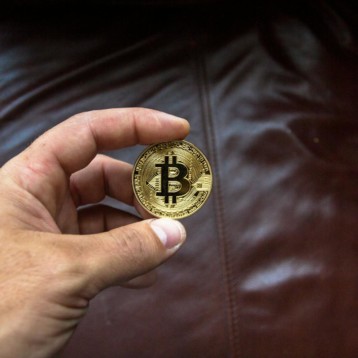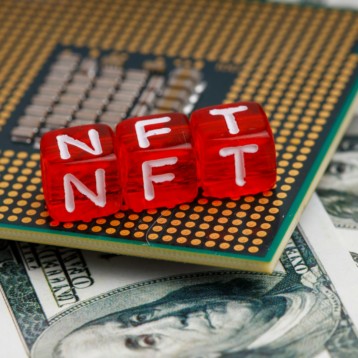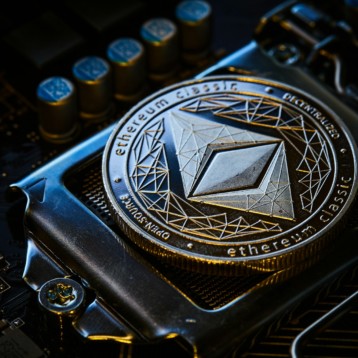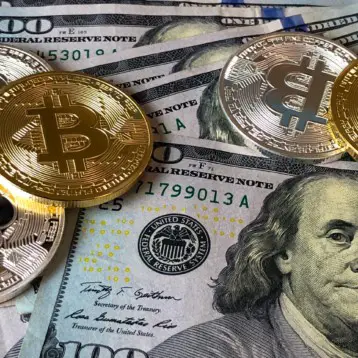Dating back to the latter half of the 1600s, horse racing in the US has always been deemed a gentlemen’s sport. Wealthy breeders showcased the prowess of their healthy steeds in the Kentucky Derby, Preakness, Saratoga, and even Belmont Stakes.
While the title of the most famous racing horse in the US may still be held by Secretariat or even the Triple Crown winner Seatle Slew, the gap is slowly being closed by NFT crypto horses.
As oxymoronic as it may seem, these digital steeds are said to be living breathing digital assets. Their algorithm – DNA – is unique, making them valuable nonfungible tokens. They are also selling at a higher price than their carbon life-form counterparts.
As crypto enthusiast line up to buy, breed, and race crypto horses, let’s take a look at why they are likely to only appeal to a few horse racing fans.
Reality imprints better
As in the early days of Tamagochi, where people joined the bandwagon of owning and caring for a virtual pet, crypto horse racing seems to be doing just the same. However, the human brain has many facets which make it easier for us to engage with the world around us. Digital convenience can hold our attention for so long.
Instinct has programmed humans to be social creatures, where events shared imprint better in the memory. This is seen in the highly social media platforms that are capturing and sharing personal and, sometimes private, moments that capture the imagination and trigger curiosity.
Virtual horse racing is still a fairly new sporting event and, as such, holds the imagination. The need for reality-based interaction in this sport is not solely about seeing a horse go from foal to steed. Its historic origins and seeing it in the flesh are what make the whole racecourse experience exciting.

The seamless merger of horse racing and bitcoin is a great example of how technology and reality are required to create an exciting experience. That is because the race itself is real, on a well-known racecourse or racing event, but the bet can be placed using any acceptable cryptocurrency.
If this were not the case, the makers of the NFT crypto horses would not be adamant about the breathing and breeding nature of their horses. Its clear human psychology requires a high level of change, otherwise, repetition leads to boredom, which inevitably leads to disinterest.
Undoubtedly, horse racing would not be as interesting an event as it is if were not for the energy created. Not is only great for bettors, but also the equestrian spectators as well. Watching the horses and their riders veer through the race course sends endorphins coursing through the body, thereby creating a sense of euphoria.
Tenuous business investment
Trading investment, by its nature, is often based on statistical knowledge, and trust in the product or company. The financial value of horse racing can also be seen in how the governments during the great depression used horse racing to improve their impoverished states. When the state of California legalized betting on horses in 1933, the state saw a great improvement in their revenues. People also saw this as a great pastime, in which all their worries and woes could be forgotten amidst the excited cheers for the racing steeds
The survival of crypto and NFTs relies on them being traded. A mark on their reputation tends to lead people away from these digital investments, especially when their flaws are globally exposed. NFTs have come under great scrutiny, with great losses being felt due to highly marketed scams. Rug pulls in the crypto world have not helped the course either. So, those who are looking into crypto horses as their next big trading investment are few.
Most crypto and NFT proponents are likely to find more enjoyment from the low minimum betting option and prefer to stay behind the lines and not in the stable. This makes for a very fragile trading business model. The fear comes from the idea of losing all the savings accrued over the years. With constant economic changes, people prefer having something tangible to invest their money in. Hence, a real horse is likely to be a more attractive investment as opposed to a digital one.
The human brain holds many scientific fascinations. As crypto horse racing runs its mania, so does it also appear that its momentum is likely to simmer in the not-so-distant future.










